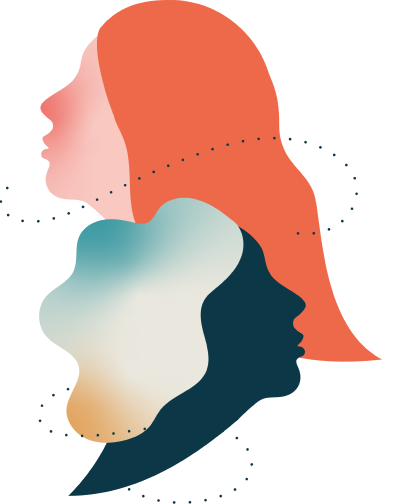Menopause shows up in different ways. Understand how different symptoms might be impacting you.
Treatments and Symptoms
Irregular Periods
What it feels like
Periods that last longer, appear more or less frequently, or are heavier or lighter
Why it happens
As levels of estrogen rise and fall irregularly through perimenopause, your menstrual cycles may lengthen or shorten, and you sometimes have menstrual cycles in which your ovaries don't release an egg. When this happens, there is no progesterone to stabilize the lining of the uterus. The uterine lining builds irregularly, leading to sporadic bleeding. When you then have a cycle during which an egg is released, you may experience a heavy, long period. Heavy bleeding can lead to other problems like anemia and fatigue
Sometimes a change in bleeding patterns (whether it be time in between or heaviness of flow) can be a sign of something more serious, so a visit with your OB/GYN is recommended.
According to the 200,000 respondents who have taken our Menopause Assessment:
5 to 7 years
is the average length of time during which women experience irregular periods
Get Started
Fast virtual menopause relief
Convenient access to expert care when you need it, on your schedule.
Learn about other symptoms

In-Person Care
Looking for an in-person OBGYN?
Visit our online scheduler, Lodus Health. There you can access 2,700+ independent, affiliated providers who deliver comprehensive women's health services.
Get Care

